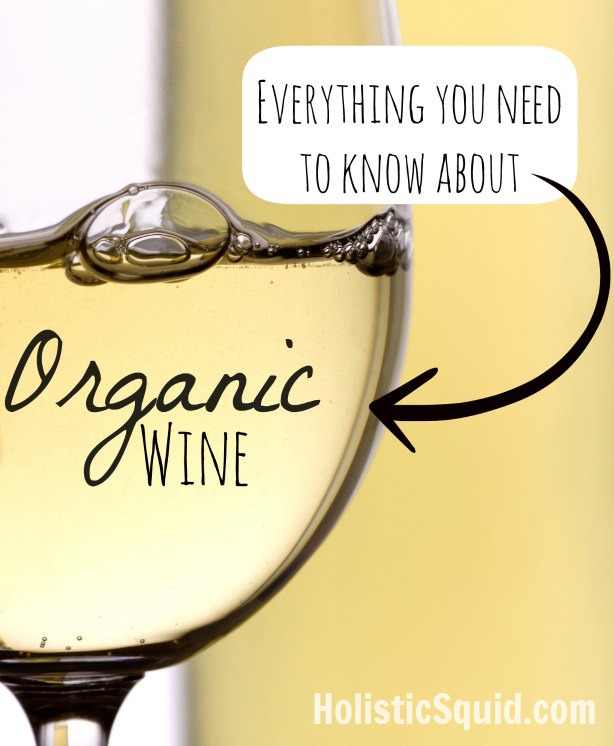
As a foodie who is also passionate about holistic, healthy living, I've been a bit confused about organic wines. Is organic wine better for your health? Is organic wine better for the environment? And can it even taste good?
Every few months I take a weekend trip up to the Santa Ynes Valley, just north of Santa Barbara for a wine weekend with my blogger friends. We talk business and girl stuff, eat great food, and sample organic wines. This past weekend Sylvie from Hollywood Homestead joined us, and we biked around the beautiful valley and had the grown-up version of the perfect slumber party minus the curlers and frozen bras.

On all of these trips, I've chatted with winemakers and wine lovers in search for the facts about organic wine.
Is organic wine better? Here's what I learned:
Conventional wines are born from vineyards that may or may not use chemical based pesticides on their vines. It’s also common practice for conventional wines to include GMO yeast and sulfites. (source)
For a food or beverage to be USDA Certified Organic it has to be grown free of pesticides, insecticides, herbicides and other potentially harmful chemicals. With wine, though, the distinction of organic isn’t as clear cut as you might think.
Organically grown vs. organically produced wines
Wine labeled ‘made with organically grown grapes' are typically produced exactly the same way as conventional wines. This is because the whole wine isn’t organic, just the grapes were grown that way. These wines usually contain sulfites just like conventional wines.
Sulphur dioxide (a sulfite) acts as a preservative which extends the shelf life of foods and beverages. While sulfites aren't necessarily bad for everyone, people who have asthma or other respiratory disorders should use caution because “sulfite sensitivity [is] a condition that causes asthma-like symptoms such as wheezing and difficulty breathing” (source).
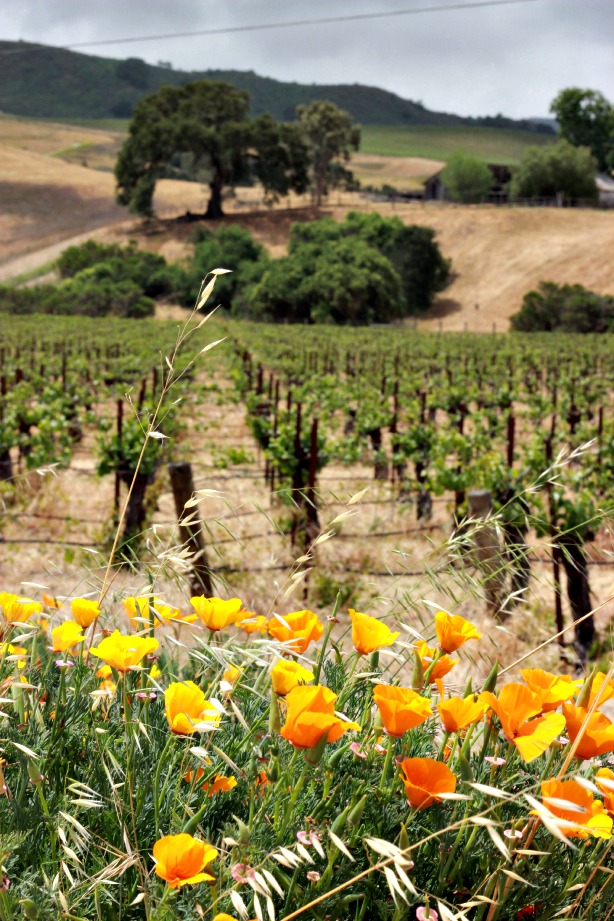
It's important to note that sulfites naturally occur in all wine during fermentation. That said, fully USDA Certified Organic wine are forbidden to have any added sulfites. This is the main difference between wine ‘made with organically grown grapes' and ‘certified organic' wines.
Here's the downside: wine without added sulfites won’t retain its flavor because it doesn’t contain this traditional preservative – leading to an unpleasant tasting wine.
International wine judge Jennifer Simonetti-Bryan explains that, “Sulfur is as an antimicrobial which prevents nasty microbes from creating awful flavors or turning the wine into vinegar.” Despite my high hopes, most certified organic wine that I've taste has been pretty darn yucky.
Why sulfites are not your worst enemy
According to this article by IntoWine.com, “Worries over sulfites tend to drown out the known fact that conventional grapes are among the most heavily sprayed of all agricultural crops. Typically, as many as 18 different chemicals are used on non-organically grown grape crops during their growing cycle.”
Pesticides can negatively impact our health – linked to everything from mild nausea to cancer. From an environmental perspective, pesticides “damage agricultural land by harming beneficial insect species, soil microorganisms, and worms which naturally limit pest populations and maintain soil health” among other harmful effects on the plant itself. (source)
Unless you're sensitive to sulfites, choosing organically grown over certified organic wine will eliminate the pesticides without sacrificing taste. Some of my favorites (I'm a white wine lover) from the Santa Ynez valley: Coquelicot's incredible viognier and chardonnay and Ampelos rose, and anything from Dragonette Cellars.
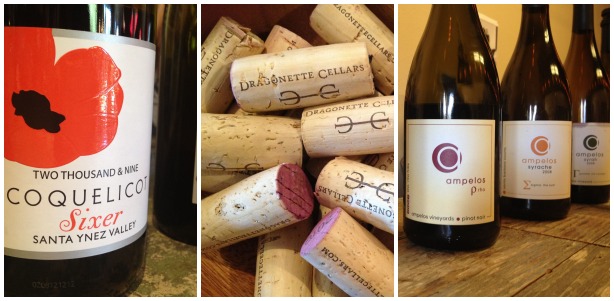
Biodynamics – taking winemaking to a whole new level of awesome
Now that we have a grasp on the nuances of organic wine, hold your hat for the gold standard: biodynamic wine.
In 1924, Rudolf Steiner helped to develop the biodynamic approach to farming where the entire farm is seen as a living and breathing organism.
With biodynamic wine practices farmers only use the natural, self-sustaining resources available inside their vineyard. From compost to weed prevention through pasture-raised farm animals, a biodynamic farm won’t use “chemically synthesized fertilizers, pesticides, herbicides, fungicides, or fumigants, no hormones, antibiotics, growth regulators or GMOs.” (source)
Biodynamic farming goes beyond organic standards to protect and heal the earth. Wines produced under these stringent biodynamic standards are by far the best choice for the environment and for your taste buds.
If you can't get biodynamic, then opt for wine from organically grown, sustainably farmed grapes. Cheers!
One may dislike carrots, spinach, beetroot or the skin on hot milk, but not wine.
It is like hating the air one breathes, since each is equally indispensable.
Marcel Aymè, French Writer (1902-1967)
Have you found an organic (or biodynamic) wine that you love?
Share with us in the comments!



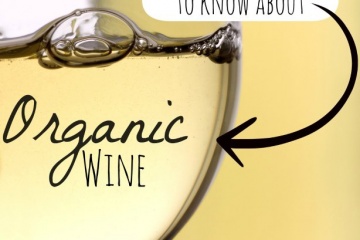

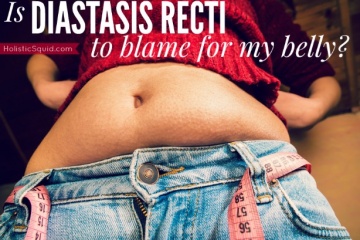
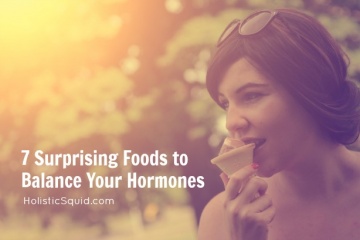
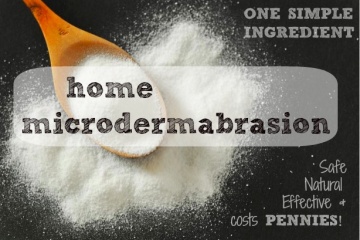
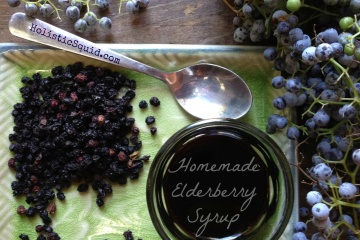
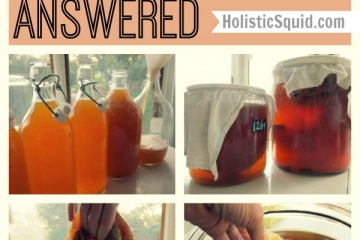
Thanks for the great post. Something I have always been a little confused over. I must pass this on to my husband who does a lot of the wine buying at our house! Thanks so much!
Domaine Jean Bouquet Argentinian Malbec. Organic perfection!!
My husband and I love all Bonny Doon Vineyard wines. Try their Albarino 🙂
Porter Creek wine from Healdsburg, CA is in transition to biodynamic and certified organic. The wine is delicious and we have been wine club members for years. Visiting the area on the Russian River is also well worth the trip.
Hi,
Nice post! My favorite biodynamic label is Benziger Family Wines. They are a small vineyard in the Sonoma Valley certified under the Farming for Flavor, third party certified by Stellar Certification (the organic arm of Demeter biodynamic certification). I support the small to medium sized winery when possible. It is difficult given that 90 percent of wine labels sold in the U.S. belong to 30 corporations. I write more about this in my recent post on wine at http://www.eatlesswater.com.
I will post a link to this blog post on my Eat Less Water Facebook page. Thank you for the work you do in the world.
Be well,
Florencia
I agree. We have tried the Benzinger and it is fantastic. Their wine tasting room is beautiful!
Thank you for this article. I agree! So far the “organic” wine I’ve tried tastes “yucky”. So this article helps me to find and enjoy the best of both worlds!
Good goin’, Squidoo!
T.
510-292-9976
Thankyou for this post… While I don’t specifically aim to buy organic wines, there is one that I buy regularly that is organic. I love this wine. It has the most wonderful rich flavour and is very reasonably priced as well (something else I love! – gotta love a bargain….).
It is Como Sur, a Cab Sauv from Chilie
Love Cono Sur’s organic wines!
Grgich wines from Napa Valley are grown biodynamically. I went on a private tour with their winemaker a couple of years ago where he described the process. Very interesting and in the wine industry a controversial type of farming.
Oh, and believe it or not, Trader Joe’s has their own certified organic brand of wine. I buy their Chardonnay all the time.
Michel-Schlumberger is an amazing biodynamic winery, I HIGHLY recommend checking them out if you’re ever in the Healdsburg area. We love coquelicot as well, but the TJs brand organic selections have become our regular Friday wines.
Last night I was telling a friend about this post and she said that when visiting Tuscany last spring, she was curious as to why she could drink many different European wines without getting a headache, but the same wines gave her a headache when she would drink them here.
Get this: they found out that in Europe their laws are more strict on the sulfites and how much can be added in when bottling. So if you buy a European wine that gets shipped over and bottled here it would have more sulfites than if you drank the same wine that was bottled over there.
So always check to see where it was bottled!
Kelly
Not surprised at all Kelly.
Have you ever heard about all the toxic stuff the USA allows in our cosmetics that the European community would never allow? Not even mentioning their ban on our GMO crop exports now.
But that’s another subject that Holistic Squid most likely has covered or might cover soon…:-)
You’re right, it’s not surprising, but just one more reason to keep us on our toes here in the U.S. Very frustrating!
Kelly
That doesn’t always hold true though. I am very sensitive to sulfates, and as we have made wine for many years, I am well aware of sulfate use. Well made wine needs very little sulfate, however more unstable wines will need higher levels. As we are not making wine at this time I buy a variety of wines, good for drinking occasionally and medium to low priced for every day. There are some Italian wines I can not drink because the sulfate level is too high and I get ‘the flush’ from the sulfate level. Granted, the wine is just $4.99 so it’s no loss, but it really depends. (I don’t get a migraine. )
Thanks for bringing some light to issues in wine production. Sustainability encompasses far more than just what additives might be in the wine, or whether the grapes are sprayed, as important as that is.
In my California county, Mendocino, we have some really lovely wineries, including the first biodynamic (Frey). An issue that concerns us is the vast amount of water used to grow grapes. The vineyards are sucking water out of the ground faster than Nature can refill her aquifers. This is not good. There is no enforcement of regulations against overuse of water. Our water is being trucked out of the county with no compensation or replacement. This enriches a very, very few families in our poor county. I imagine there are similar issues in other dry California wine-producing regions.
Also, viniculture as practiced by the majority is still mono-cropping. Monoculture agriculture is incredibly destructive (read The Vegetarian Myth by Lierre Keith for a more eloquent expression of the issues.) Vast tracts of land are scraped of every living thing to be planted with only grape vines. Now, I love me some wine, but this is an unsustainable way to manage the land and creates opportunities for pathogens and pests that couldn’t get a foothold in a diverse ecosystem. Some more enlightened vineyards intercrop with wildflowers, clover and other plants that attract beneficial insects like pollinators (bees, butterflies, etc.) and build the soil. This creates a more healthy ecosystem, and I suspect they need to spray less.
Thanks again for bringing attention to these issues.
I meant “viticulture” not “viniculture,” I think.
Ther are some excellent Oregon wines that are produced biodynamically. One of my fvaorites is Cowhorn. They also grow some of the best aspargus I have ever tasted. For an entertaining read about biodynamic wine production in Oregon check out “Voodoo Vinters” by Katherine Cole. For some reason most of the wines that are specifically maketed as organic are not particularly good. But there are many grape growers and wine makers world wide who still adhere to traditional methods that have been passed down unchanged from generation to generation. So they always have been “organic” but are not marketed as such.
If you want to try the best Zin I have ever had, check out Wild Hog vineyards or stores that carry it. It is the best organic wine we have ever had and will never switch to another.
Organic does make a difference!
Maria Gonzalez
I love a good chardonnay and now I only drink organic chardonnay. Trader Joe’s had one for awhile but they can’t find a source for organic grapes and have discontinued it. Now I drink Bonterra organic chardonnay and it is delicious. The MAIN reason I switched is because of the use of the pesticide CRYOLITE which is extremely high in FLUORIDE. Fluoride is really bad news. In fact, California wines are so high in fluoride (because of cryolite spraying) that they cannot be exported to more sensible countries, like France. I also found local spring water in our area that has ZERO fluoride–plus zero other bad stuff.
If you like Austrian wine, then “Meinklang” Gruner Veltliner (Demeter group) is delicious; biodynamic wine from Burgenland. 😀
For an entertaining read about biodynamic wine production in Oregon check out “Voodoo Vinters” by Katherine Cole. For some reason most of the wines that are specifically maketed as organic are not particularly good. But there are many grape growers and wine makers world wide who still adhere to traditional methods that have been passed down unchanged from generation to generation. So they always have been “organic” but are not marketed as such.